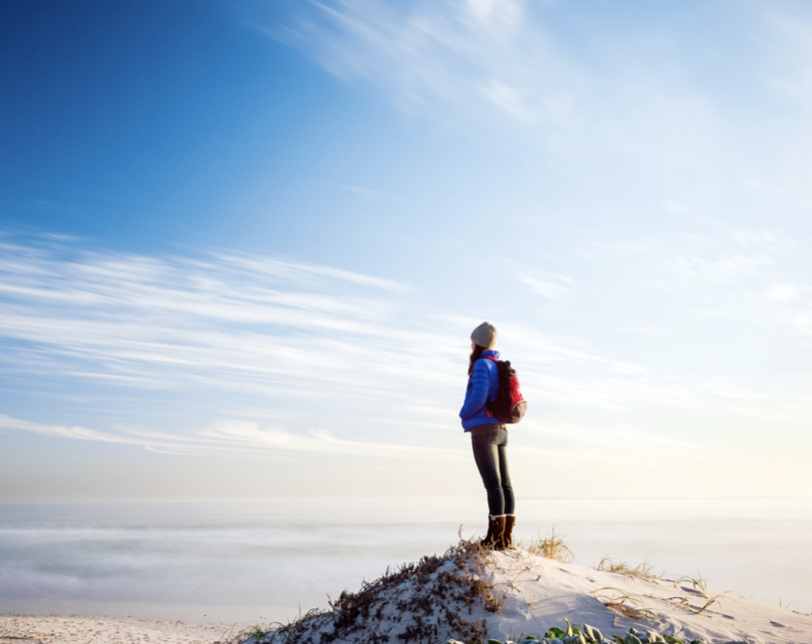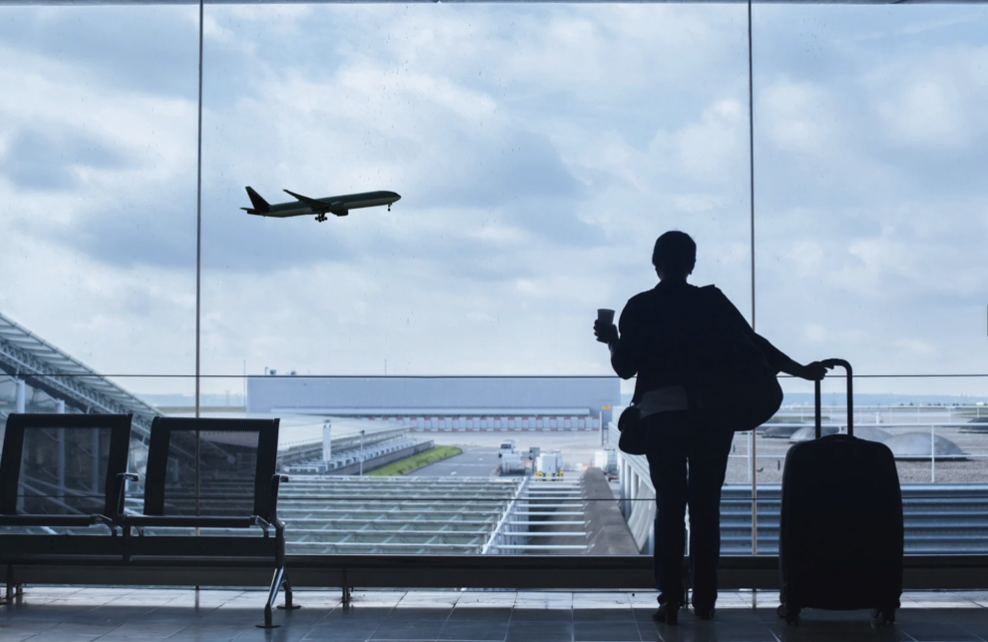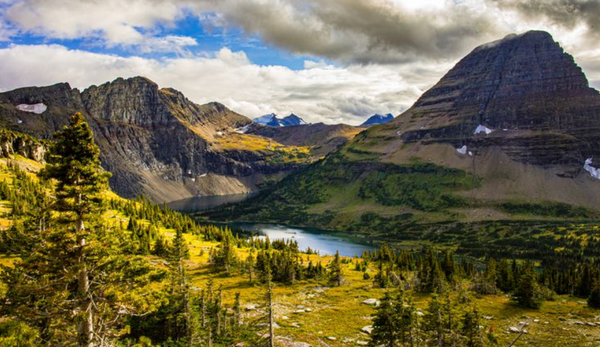Safety tips for solo travel
Essential advice for solo travelers, encompassing pre-trip preparation, in-travel precautions, and specific reminders for a safe and fulfilling journey.

When contemplating Southeast Asia, thoughts may inevitably gravitate towards concerns of telecommunications scams, street crimes like robberies, or even more chilling incidents such as the tragic murders of romantic couples in Bali or the unsettling accounts of home invasions and assaults. With such disconcerting narratives, it's natural for individuals to question the safety of embarking on international travel.
Having embarked on solo journeys to approximately 40 countries, including destinations renowned for their risky reputations like Myanmar, the Philippines, Mexico, Italy, Israel, and India, I can attest that my explorations were not fueled by recklessness or ignorance of peril. Each expedition was underpinned by meticulous research, ample travel experience, and a steadfast commitment to safety protocols. Despite the potential hazards, my excursions yielded profoundly enriching and rewarding travel experiences.
Nevertheless, it's indisputable that individuals with limited exposure to international travel may find themselves grappling with myriad details and potential hazards. Therefore, I am compelled to share some personal insights and recommendations tailored for solo travelers, particularly women, to navigate the complexities of international exploration with confidence and prudence.
Prior to Your Departure:
Conduct Thorough Safety Research:
Before embarking on your journey, particularly to regions susceptible to political instability or natural calamities such as volcanic eruptions, typhoons, or tsunamis, it's crucial to stay informed about the latest developments. Beyond monitoring news updates and safety advisories from governmental sources, tapping into firsthand safety insights from online traveler communities or reaching out to fellow tourists currently in the area can provide invaluable guidance.
It's essential to recognize that the safety of a destination is nuanced and cannot be generalized. Specific areas within each locale may present varying levels of risk, such as border regions in Mexico, certain neighborhoods in Paris, or zones marked by ongoing anti-government activities. Crafting your itinerary with these considerations in mind allows for the avoidance of potentially hazardous areas while embracing the safer ones.

Invest in Travel Insurance:
Securing comprehensive travel insurance is non-negotiable! This invaluable coverage extends to a range of unforeseen circumstances, encompassing flight delays, itinerary alterations, incidents of food poisoning, accidents, illnesses, and even participation in high-risk activities like diving or skiing. It's a prudent investment, ensuring peace of mind should the need for assistance arise during your travels.
Ensure Your Personal Documents are in Order:
Safeguarding essential documents is paramount for seamless travel. Store electronic copies of your passport securely in your email and phone while also carrying physical duplicates in both your checked luggage and carry-on bag. This redundancy ensures accessibility and facilitates expedited resolution in the event of document loss or theft.
Thoughtful Accommodation Selection:
While experiences in homestays can be enriching, exercise discretion, particularly in remote locales, properties hosted by male proprietors, or those lacking robust reviews. For solo travelers, especially in less-traversed areas, prioritizing reputable hotels known for their stringent management practices offers an added layer of security and peace of mind. Visit b0arding.com to get 15% OFF for your safe and comfortable stay.
Emergency Preparedness:
Prior to departure, ensure that your family, partner, or trusted friends are well-informed about your itinerary, accommodation details, travel companions (if any), and pertinent insurance information. Furnish them with your contact details and maintain open lines of communication to relay any updates or changes to your plans promptly.

Financial Planning:
Check the availability of UnionPay at ATMs in your destination country. With the prevalence of mobile payment options like Alipay and WeChat Pay, even in traditionally conservative cities like Kyoto, it's essential to assess the local currency landscape beforehand. Carry a foreign currency credit card, preferably contactless, alongside a UnionPay debit card and a modest reserve of cash. Prioritize currency exchange at banks before departure, and if necessary, obtain a nominal amount of US dollars, widely accepted and easily convertible upon arrival.
Throughout Your Journey:
Prioritize Personal Safety:
Commit local emergency contact numbers to memory, familiarize yourself with first aid hotlines, and maintain readily accessible contact details for your country's embassy or consulate. These precautions ensure swift access to assistance in case of emergencies.
Exercise Caution at Night:
Steer clear of solo outings during nighttime hours, particularly to establishments like bars or entertainment venues, and moderate alcohol consumption to remain vigilant. Opt for well-lit and populous areas, avoiding solitary walks down dimly lit alleys or secluded pathways.

Guard Personal Information:
Exercise discretion when divulging details regarding your accommodation or itinerary to strangers, minimizing the risk of unwanted attention or potential security threats.
Vigilance in Social Situations:
Exercise prudence when offered drinks or food by unfamiliar individuals, and maintain vigilance to prevent tampering or unauthorized access to your beverages. In restaurant or bar settings, request a fresh drink upon returning from restroom breaks to safeguard against potential tampering.
Securing Property:
Adhere to the fundamental principle of keeping valuables discreetly concealed. Prioritize electronic payments over cash transactions, carrying only a nominal amount of currency for daily expenditures.
When utilizing ATMs, consider withdrawing smaller sums to mitigate potential risks associated with large cash holdings. This precautionary measure minimizes vulnerability to theft or unauthorized access, as exemplified by personal experiences, such as my own unfortunate incident following a substantial cash withdrawal in Indonesia.

Ensuring Transportation Safety:
Mitigate risks associated with motorcycle accidents prevalent among tourists in Southeast Asian countries by refraining from motorcycle usage if lacking adequate experience. Opting for hired car services offers a safer alternative, ensuring reliable transportation without exposure to heightened risks.
For those opting to ride motorcycles, prioritize safety by conducting thorough inspections of vehicle conditions, adhering to helmet regulations, and exercising caution to prevent speeding, particularly on challenging terrains like mountainous roads.
Safety in Outdoor Pursuits:
Engage reputable service providers for outdoor activities like hiking, rafting, horseback riding, or diving. Adhere closely to safety protocols outlined by experienced guides, maintaining open communication to address any apprehensions or uncertainties promptly.
Respecting Cultural Norms:
Demonstrate reverence for local religious and cultural sensitivities by adhering to modest dress codes when visiting religious sites like temples or mosques. Exercise discretion when photographing sensitive locations, such as military facilities, to avoid arousing suspicion or potential security concerns.

Harnessing Language Skills:
Embrace the opportunity to connect with locals by mastering a few key phrases in the local language, fostering goodwill, and facilitating smoother interactions within the community. This gesture underscores cultural respect and enhances the overall travel experience.
Ensuring Women's Safety:
Dress Appropriately:
While I firmly reject the notion of attributing harassment to women's attire, adapting to local dress codes can serve as a proactive measure to avoid potential troubles. Consider conforming to local customs regarding clothing, and when uncertain, take cues from how local women dress as a guide.
Navigating Middle Eastern Countries:
Women travelers may encounter heightened attention or unwelcome advances in certain Middle Eastern Muslim countries. It's prudent to exercise caution, particularly when traveling solo in such regions. If solo travel is unavoidable, adopting the following precautions can enhance safety:
Politely disregard any harassment or excessively flattering remarks.
Exercise caution when responding to unexpected knocks on your door, even if purportedly from hotel staff. Always inquire about the purpose before opening the door.
When queried about traveling alone, opt to mention meeting friends rather than acknowledging solo travel.
Outdoor Activities and Beyond:
Even outdoor pursuits may not be exempt from instances of harassment. In remote areas or when engaging with male guides or instructors, maintain heightened vigilance. Assert your boundaries confidently and be prepared to seek alternative arrangements if necessary.
In Conclusion:
Traveling presents opportunities for enriching experiences, yet it's crucial to approach each journey with a blend of caution, adaptability, and preparedness. While the world isn't devoid of risks, neither is it solely fraught with danger. By staying vigilant and well-informed, one can significantly mitigate potential risks and foster safer travel experiences.

Here's to wishing you a journey abroad filled with safety, enjoyment, and fulfillment.





